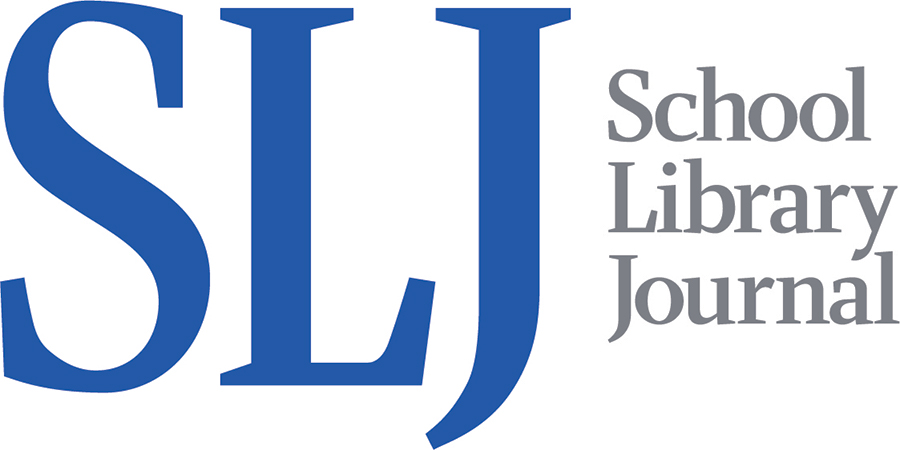Websites and Organizations 
The following websites and organizations represent groups (mostly non-profit) and movements that strive to ensure children are able to access literature that is diverse and represents various groups of people in a way that celebrates their cultures and achievements. Parents/guardians/caregivers are encouraged to use these websites, most of which offer booklist suggestions, as resources to help build a more diverse bookshelf for their children.
Descriptions of Websites and Organizations
American Indians in Children’s Literature (AICL) is run by Dr. Debbie Reese and Dr. Jean Mendoza. The “Best Books” tab of their website offers parents/guardians/caregivers multiple resources to use to find books about Native and Indigenous North Americans to include in their child’s reading repertoire. While this is a wonderful resource for books about Native Americans, it does not offer options for diversity beyond this one group. Therefore, this resource alone could not be used to build a more diverse reading selection for children.
Penn State University’s LibGuide: Children's Literature and Literacy Education, provides a wealth of information about diversity in children’s literature. There are resources to help find books, as well as resources organized by population.
Reading Rockets is presented by WETA (public broadcasting), and this page specifically offers multiple resources about diversity in children’s literature. This website includes videos from the perspectives of different children’s authors on why diversity in children’s literature is essential. There is also a menu on the left side of the page that includes links to resources targeted towards specific groups. These include: “Asian, Asian American, and Pacific Islander History and Culture Books,” “Black History and Culture Books,” “Hispanic and Latino History and Culture Books,” “Native American/Alaska Native History and Culture Books,” “Books Featuring Learning Differences and Neurodiversity,” and “LGBTQ Books.” There is also a link “Finding Diverse Books” that includes links to internal and external resources to help parents plan how to start. The final linked resource is titled “Using Diverse Books in the Classroom.” While geared towards teachers, this resource would also be helpful to parents/guardians/caregivers who are interested in bringing more diverse offerings into their home.
SLJ’s Diversity page offers a menu of options including: “Books & Media,” “Diverse Books,” “Programs & Programming,” and “Tech,” all of which pull from SLJ’s resources and are shown in chronological order with the most recent results at the top. The “All” page displays featured content and provides a left menu that can be searched by date range and filtered by category, author, publisher, and tag. Some of the pages, including Programs & Programming and Tech do not seem to have many recent resources, which means that these topics are not often addressed in the articles featured on SLJ. The other two menu options, however, list articles and resources posted every week or so, which means that SLJ articles tend to focus more on books, specifically diverse books, and media. Parents/guardians/caregivers could still find this resource valuable, especially as diversity in literature appears to be the main focus of this section of the SLJ website. One major downside to SLJ is that while it provides free access to much of its content, there is a limit to what can be accessed before a paid membership is required. While this seems to be a monthly limit, it is still inconvenient and creates a barrier to equity of information for all.
Social Justice Books is a project of the non-profit organization Teaching for Change. It was established in 2017 to serve as a resource for “critically reviewed” social justice books geared towards children and young adults, as well as the adults responsible for their education. While the mission of both Teaching for Change and Social Justice Books involves providing children and young adults with the tools necessary to create change in the world, the resources they provide are also directly related to the larger movement of introducing young readers to diverse stories. While the Teaching for Change website does contain valuable information for parents/guardians/caregivers, it is geared towards educators, and parents/guardians/caregivers might find Social Justice Books more user-friendly. The top menu and the homepage include links to helpful resources such as: Booklists sorted by topic, News and Articles related to social justice issues related to children’s literature, and Book Reviews organized by theme. Parents/guardians/caregivers looking for a place to start might find the Booklists link most helpful.
This is the homepage for the non-profit organization called “We Need Diverse Books” (WNDB). The top menu offers a wide range of resources that parents might find helpful. From the Resources page, parents can access “Resources for Parents, Educators, and Librarians.” Also included in the top menu are links to the WNDB “Bookshelf,” which features anthologies compiled by the organization. The “Blog” link in the top menu is organized by tab, and features resources like “Book Club,” “Book Recommendations,” “Q & A,” “YouTube Videos,” and others. WNDB’s website is a content-rich resource that will help any parent/guardian/caregiver interested in diversifying their child’s bookshelf.


